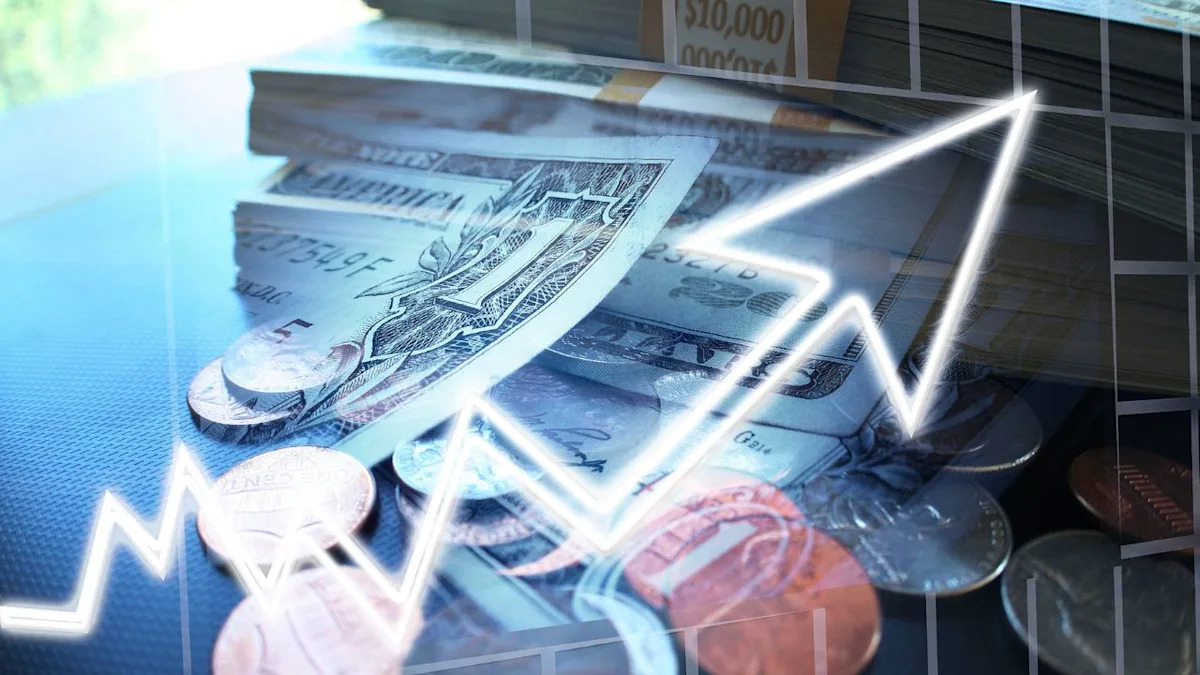The White House this week said Americans’ confidence in the economy has surged to new heights under President Donald Trump’s second term, citing new polling data released September 18. Officials pointed to renewed faith in the nation’s economic direction after consumer sentiment hit an 11-year low during the Biden administration.
According to the release, the share of Americans calling gas prices a “major problem” fell 15% from last year. Concerns about housing costs dropped 11%, while grocery prices declined 8%. Officials also reported growing optimism among small business owners, attributing the shift to what they described as broad, bipartisan support for Trump administration economic policies.
The White House highlighted several data points:
Homeownership: Mortgage rates have fallen to a three-year low, making homeownership more attainable.
Driving costs: The annual cost to own and operate a new vehicle declined nearly 6% year-over-year. Americans are spending the smallest share of disposable income on gasoline since 2005.
Consumer spending: Retail sales rose 5% over the past year, outpacing inflation as Americans spent in record amounts.
Wages: Real wages have increased nearly every month since Trump took office, reversing what officials said was a 26-month streak under Biden when inflation outpaced wage growth. Blue-collar workers were reported to be seeing the fastest wage gains in six decades.
Markets: The Dow, S&P 500, and Nasdaq all hit record highs. Since Election Day, the S&P 500 has climbed nearly 15% while the Nasdaq has gained more than 21%.
Investment: Officials said Trump has secured nearly $9 trillion in U.S. investment commitments, nearly nine times what Biden attracted in his four-year term, crediting reforms in the administration’s “One Big Beautiful Bill.”
The administration described the figures as evidence of an “industrial renaissance” and a resurgence of U.S. competitiveness.
Independent measures, however, paint a more mixed picture. The University of Michigan’s Consumer Sentiment Index fell from 67.9 in August 2024 to 58.2 in August 2025, a decline of roughly 14% year-over-year. The index has also slipped in recent months, edging down from 61.7 in July 2025 to 58.2 in August, suggesting many Americans remain cautious despite White House claims of renewed optimism.
In Texas, regional data also shows a more complicated landscape. The Dallas Fed reported wages have outpaced inflation by about two percentage points since mid-2023, but housing affordability continues to decline in major metro areas. In Houston, for example, the share of homes affordable to a median-income household dropped from 59% in 2019 to 32% this year, reflecting high prices even as mortgage rates tick downward.
